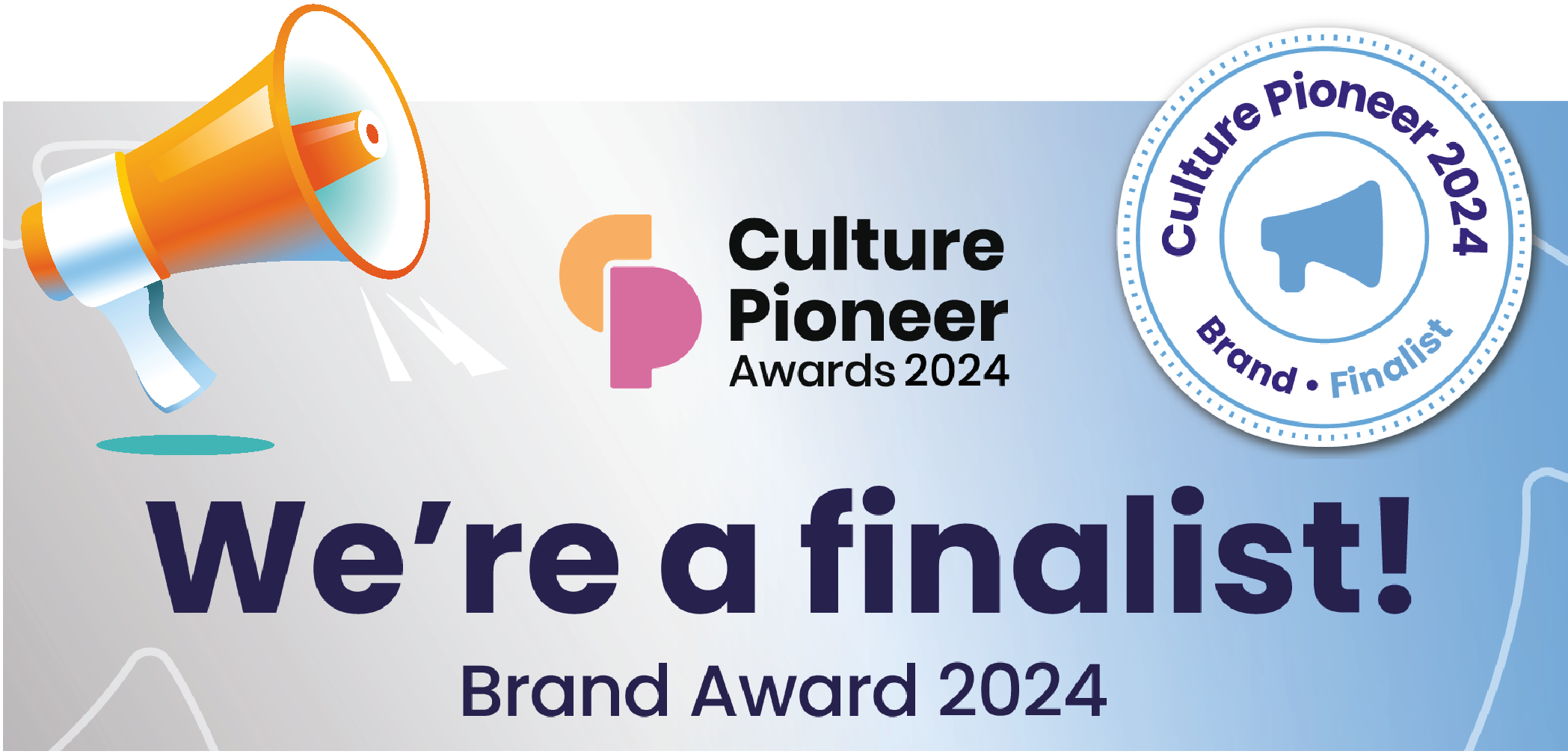
The use of artificial intelligence (AI) technologies to predict the success of an IVF cycle is becoming increasingly common in modern laboratories.
IVF aims to provide an outcome a live birth following transfer of a single embryo to reduce risks associated with multiple pregnancies. Embryo selection, to select the embryo with the best potential, can be subjective and prone to inter and intra operator variation even when performed by a highly trained and qualified embryologist.
The use of AI as a tool for embryo selection has been proposed to as a mechanism to eliminate this subjectivity. It may also be applicable to other areas of assisted reproduction, such as determining oocyte or sperm viability, managing ovarian stimulation or predicting blastocyst development potential and embryo ploidy.
Applications of AI in assisted reproduction have mainly focussed on image analysis, both of static and time lapse images to determine gamete and embryo viability. It may also be useful for analysis of endometrial receptivity and recurrent miscarriage.
Despite showing promise, the usefulness of AI in assisted reproduction has not yet been conclusively proven and more research into this area is required.
Reference: Dimitriadis I, Zaninovic N, Badiola AC, Bormann CL. Artificial intelligence in the embryology laboratory: a review. Reprod Biomed Online. 2022 Mar;44(3):435-448. doi: 10.1016/j.rbmo.2021.11.003. Epub 2021 Nov 12. PMID: 35027326.











































































